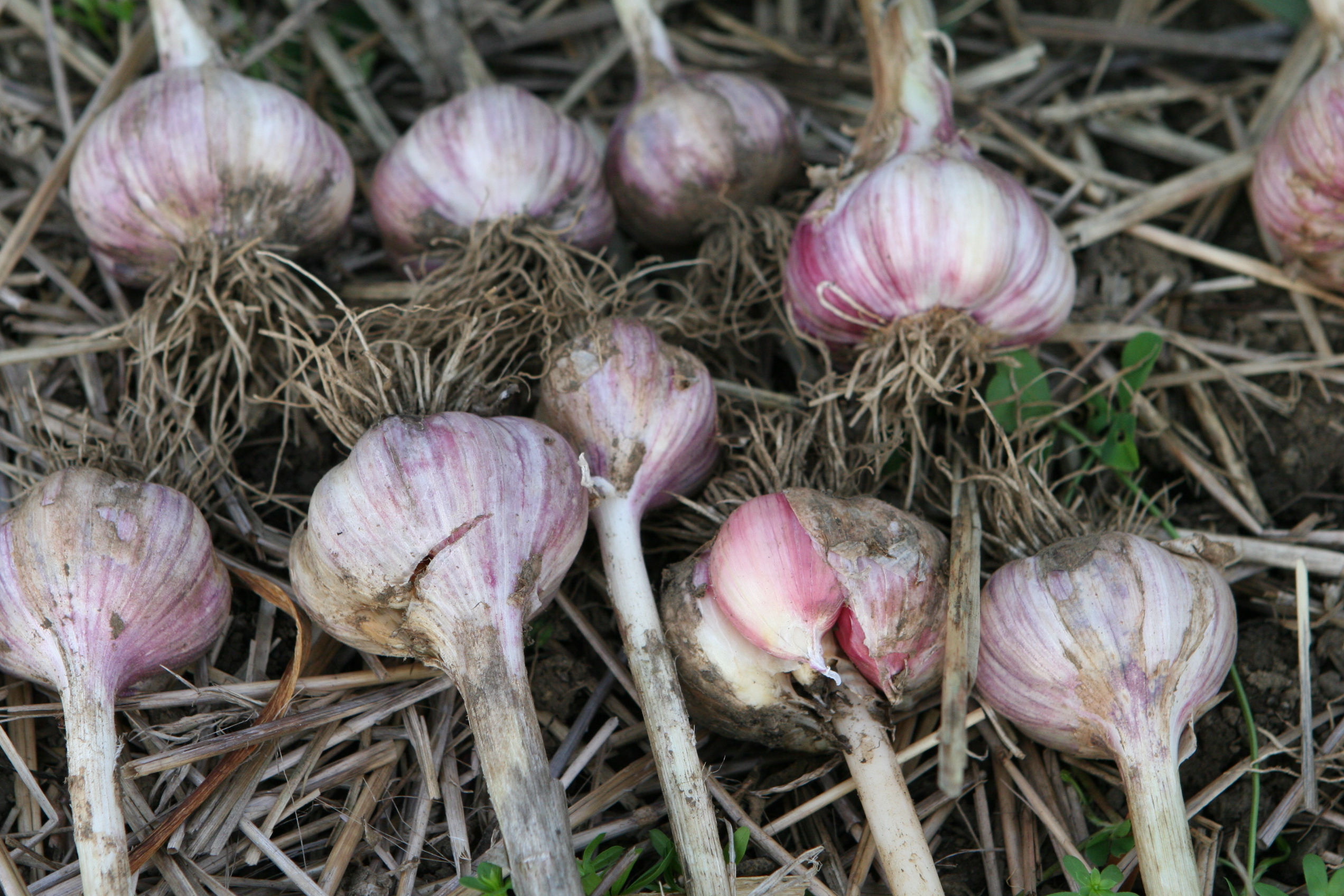Last semester I was invited to present my thoughts at a brown bag lunch on the subject of blogging. My talk,”Why do Professors Blog?” began with a confession that I had no idea how to answer the question posed in my title. However I did go on to explain my modest experiments with the uses of blogs.
I began keeping a blog during my sabbatical last year in India. The occasional work of writing about what we were doing and seeing as temporary residents–where we were traveling, what we were seeing, and what I was reading and thinking, in conjunction with images I was gathering–proved to be productive for me in a number of ways. The inspiration for the blog I set up in India, The Far Field, was inspired by my friend and colleague L., whose ongoing practice as a writer has made extraordinary use of the place blog.
As it turned out, a blog designed to give friends and family members a better feel for what we were doing helped me experience the reflective practice of place blogging I had long admired by L., whose Hoarded Ordinaries led me Tim Lindgren’s dissertation and related research material on place blogging completed at Boston College in April 2009. Lindgren’s study examines the emergence of place blogging as a genre of writing that can be used to deepen a sense of place and to share local knowledge.
I’m interested in how we use language and symbols to mediate our relationship with the world around us. I am also interested in how these necessary mediations offer forms of attention that are potentially instructive, even transformative. My practice writing a place blog (now unfolding in a subscription-only blog for my extended family) led me to new questions about how blogs are facilitating new forms of writing and the uses to which this writing might be put.
First I transformed my professional web site into a blog. The intent of what I am doing right now (or more precisely what you are doing right now in reading what I did) is to make visible the intellectual work I do as a college professor. The occasional writing I do here offers me a space to consider more fully my professional activities. What is more, it provides a potentially useful space for colleagues and friends, as well as current and prospective students, to glimpse some of the work I am doing.
Another experiment with blogging is unfolding as part of a collaborative project I began with the independent scholar John Tallmadge. The Staying Alive project began in the spring of 2006 with a series of extended conversations about the promises and perils of academic life. Our conversations led to a workshop for academic professionals at the Biennial Conference of the Association for the Study of Literature and Environment in Spartanburg, South Carolina, in the summer of 2007, and in Victoria, British Columbia, in the summer of 2009. Our subsequent conversations about the challenges of academic life with colleagues at colleges and universities across the country have suggested the need for a blog devoted to the difficult work of sustaining an emotionally, ethically, and spiritually healthy life in academia—no matter what happens.
Last but not least I am thinking pedagogically. How might the blog be used to help develop student writers? While I have yet to use the blog as a medium for student writing in a class, I am working independently with two students who are using blogs. The first student is working on an independently designed major, Biology and Writing. This student is seeking to grow as a biologist and as a writer with the post-graduate goal of conducting research and writing for a scientific journal and writing creative non-fiction biology. Her blog “Creative Biology” is a remarkable example of the ways a blog mighthelp a student writer with academic study. The second student and I designed an internship in American Studies, “The Ecology of the New England Garden,” that would offer her the opportunity to reflect on a summer and fall experience working for a local professional horticulture and landscape design firm. Her blog Regional Roots has been integral to the internship experience and will culminate, if all goes as planned, in a published piece of writing in a local environmental journal.
These two examples have me looking farther ahead to the possible applications of blogs in the teaching of college writing. Colleagues at other institutions are actively involved in this work and I will surely have more to say about the use of blogs in forthcoming posts.







Mark,
Very glad to have your thoughts and reflections on this topic. I have been using blogs for teaching writing, including my first-year composition course that takes up the question of writing and technology.
http://comppost.wordpress.com/
I like the idea of place blogging, want to explore that more for my environmental writing course. One feature that the blog, I think, does well for the beginnings of writing (not just beginning writers but also the beginning thoughts of any writing): foregrounds quotation and response.
Sean
Hi, Sean, It is good to know that my preliminary thoughts reached you, in particular, as our conversations last year led me to http://comppost.wordpress.com/ where I glimpsed some of the pedagogical applications of blogging–in your case, for teaching writing.
Comp/Post is inspiring. It also does something I believe we need to do more of: make visible the process of learning (thinking and writing) that we encourage our students to take up in productive and meaningful ways. Just yesterday I was talking with a doctor about teaching medical students how to use writing to remember, listen, and learn–an application of writing that seems to me to embody the educational philosophy of Dewey you are attempting to put into practice.
Looking ahead, I’ll post next fall on an upper-level course I am designing around an editorial project using a wiki. I’ve been developing this idea for some time, even piloting a wiki in a seminar two years ago, and I am really looking forward to implementing the idea. Stay tuned!
Thanks a lot for sharing this with all people you actually know what you are talking
about! Bookmarked. Please additionally visit my website
=). We will have a hyperlink exchange agreement among us